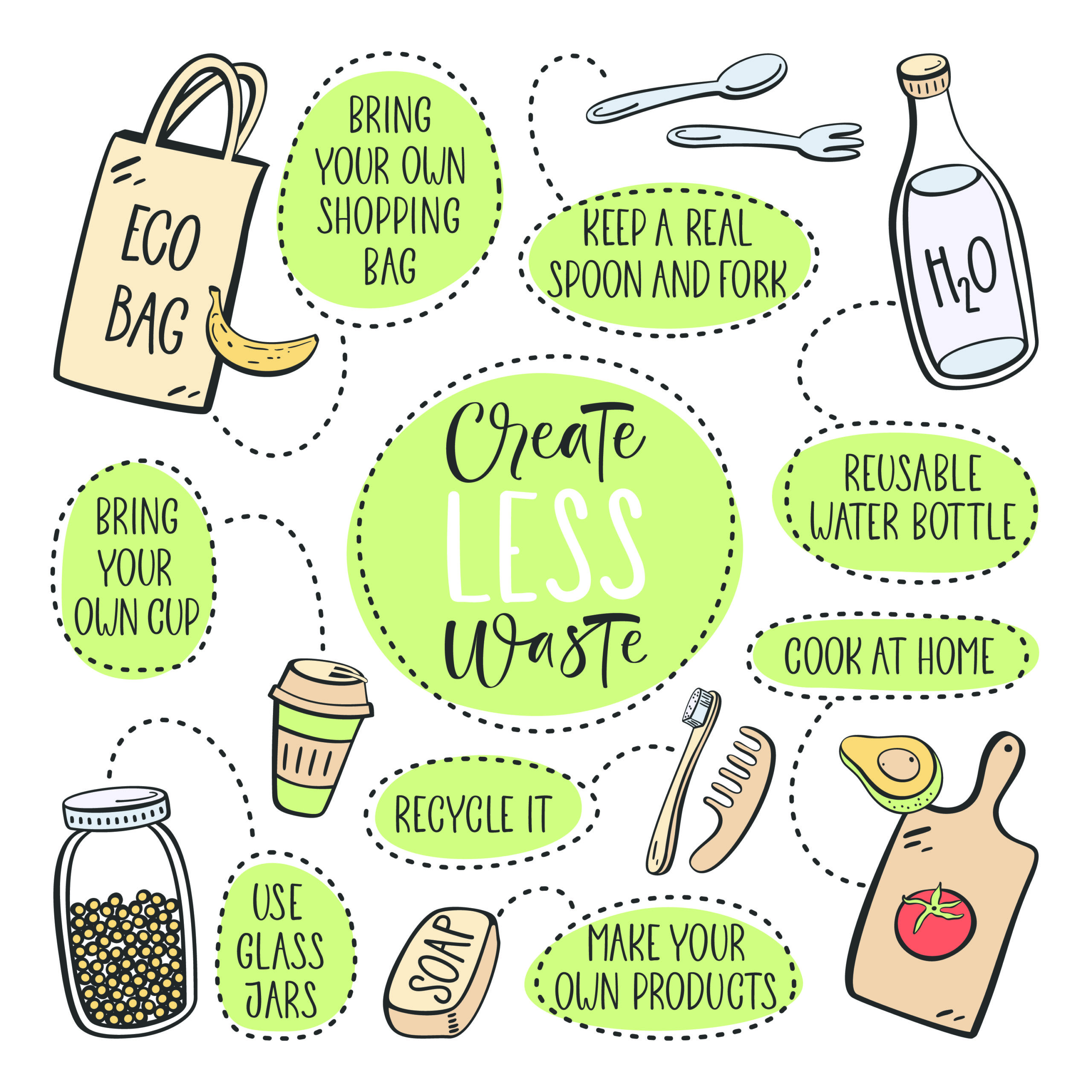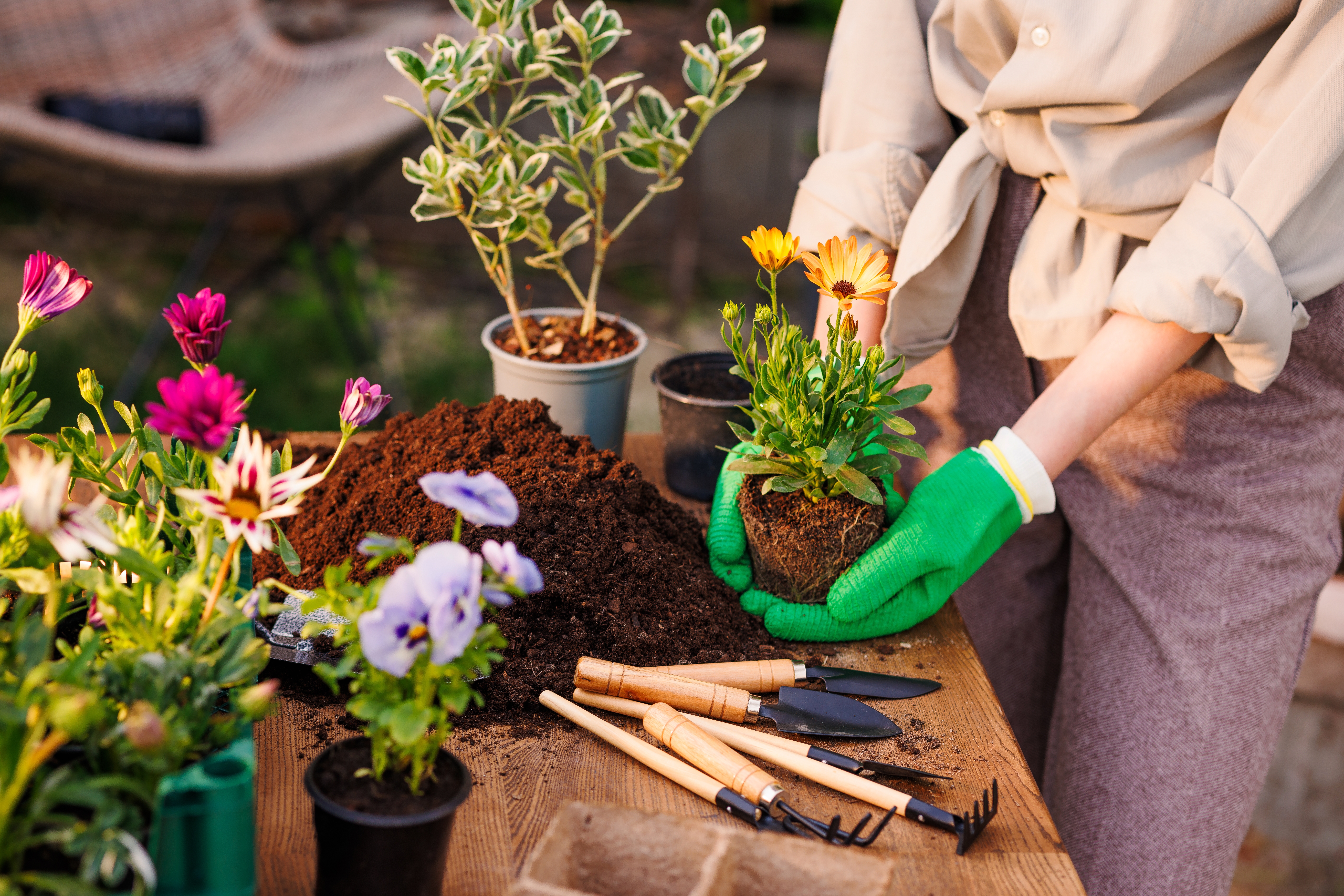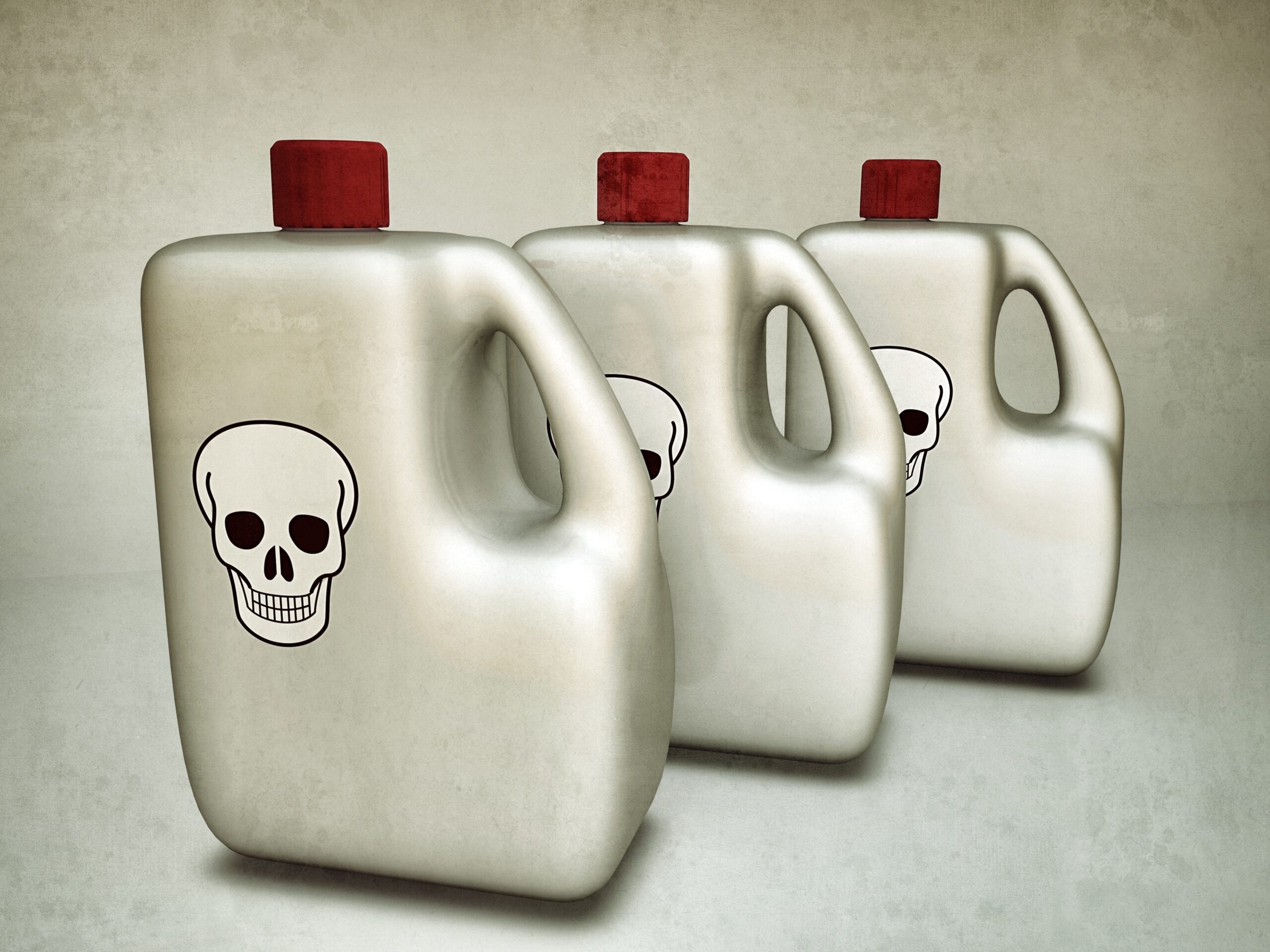By Heath Reid
There is a giant garbage vortex filled with plastic waste located in the North Pacific Ocean. According to the National Geographic Society, this litter spans across the ocean in two patches with an approximate area of 20 million square kilometers or 7.7 million square miles. If humans do not clean up this situation, the Earth’s oceans will soon be full of trash, killing marine life everywhere. We need to take action now. Here are some tips for how to reduce plastic use in your life.
Avoid Single-Use Plastics
Single-use plastics are created to make our lives easier. However, they harm the planet in many ways. They pile up in landfills and take hundreds of years to biodegrade. In fact, it can take 400 years for a plastic bag to break down, 500 years for a plastic bottle to biodegrade, and 200 years for a drinking straw to disintegrate.
Instead of these single-use plastics, you should use alternatives made of other materials. For example, you can use a metal straw instead of a plastic drinking straw. You should also use reusable tumblers or drinking bottles instead of buying drinks in plastic bottles. These options will save space in landfills and also reduce trash that makes its way into our waterways.
Use Reusable Cloth or Paper Bags When You Go Shopping
Most people go grocery shopping once a week. You likely receive 10 to 20 plastic bags each time. That’s between 500 and 1,000 plastic bags per year for every family in America. Each of these bags takes as many as 400 years to break down in a landfill. If they make their way to an ocean or other body of water, they can trap fish and other marine life, causing death. Instead of using plastic bags from your local grocery store, you should take your own reusable cloth bags. It’s easy to forget them when you leave home, so try to keep them in the trunk of your car at all times. If you do forget your cloth bags, ask the grocery store for paper bags instead. It only takes about one month for a paper grocery bag to biodegrade in a landfill. Additionally, paper bags are made from trees, which are a renewable resource.
Buy Bulk Food and Fewer Packaging Products
Supermarkets are inundated with disposable plastic containers, Styrofoam and plastic bags. You often buy very small amounts of food in a large container that will take hundreds of years
to decompose.
Instead, you should shop at stores that allow you to purchase products in bulk. Even if you use a plastic bag for granola bought in bulk, at least you are reducing the number of plastic bags you will be using. Even better, find a store that sells reusable glass jars and stores things in cardboard boxes. Many items can be purchased in these environmentally friendly manners.
Replace Plastic Storage Containers with Glass, Ceramic and Steel
Tupperware and similar containers are a normal part of the day for many people. It’s common to take a plastic container with lunch in it to work or school. Many people also store food in their pantries and cabinets in plastic storage containers. Instead, you should swap out the plastic for glass, ceramic and steel containers. Not only does this benefit the environment, but it can also promote a healthier body because plastics tend to release harmful chemicals, especially when they get hot or cold.
Recycle Plastic When Possible
Many communities have recycling programs, and those that don’t likely have drop-off sites where you can take plastic to be recycled. Take the time to rinse and sort your plastic bottles, bags and other containers so they can be responsibly recycled. Ensure you avoid throwing it in the wrong container, as that may make your entire bag ineligible for recycling. It only takes a couple of extra seconds to ensure your item is recyclable and place it in the right spot.
If your community also provides options for recycling glass, paper, cardboard and other items, you should take part in those programs as well. You might even be able to get money back for recycling some items, depending on the state you live in. For example, you can get 10-cents for recycling beer, pop and other bottles and cans in Michigan. This money can add up if you’re willing to take a little time rinsing and sorting.
Avoid Beauty Products that Use Micro-Plastics
Some face washes, makeup and other beauty products contain what is known as micro-plastics. This is often in the form of tiny plastic beads meant to exfoliate your skin or plastic flakes that
shine like glitter. Avoid these products, as the plastic in them is often washed directly down the sink into the water supply. Many sewage processing systems are unable to process out these tiny particles, and they end up being eaten by fish and can pollute waterways.
The beauty market offers many alternative plastic-free products. You should opt for a facial cleanser with natural exfoliants like apricot scrubs and makeup brushes made of
wood instead of plastic. These natural alternatives will make a big difference in the reduction of pollution.
Reuse Products Whenever Possible
One essential part of improving the world and using less plastic is reusing things whenever possible. Instead of throwing away plastic bags after bringing them home from the grocery store, reuse them in small trash containers like those often used in bathrooms. You don’t even have to pull the small plastic bag out every time, simply dump it into a larger, less full bag and reuse it multiple times. Plastic bottles can also be used multiple times to refill them with water. Most plastic products can be washed and reused many times.
Reduce Plastic Use and Improve the World
It is estimated that in 2020, we generated more than 500 million tons of plastic. That’s 900% more than in 1980. That number will continue to rise unless we act quickly. By reducing our plastic usage and reusing what we have, we can make a real difference.








Leave A Comment